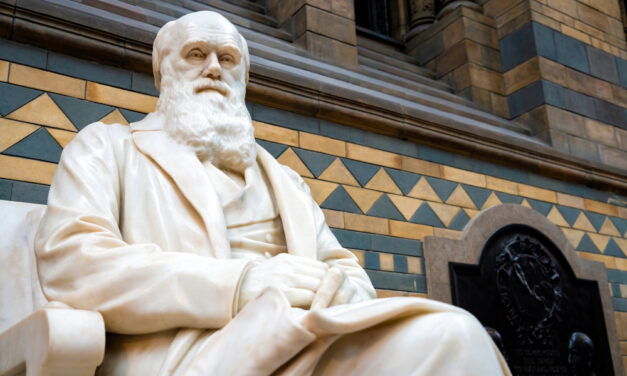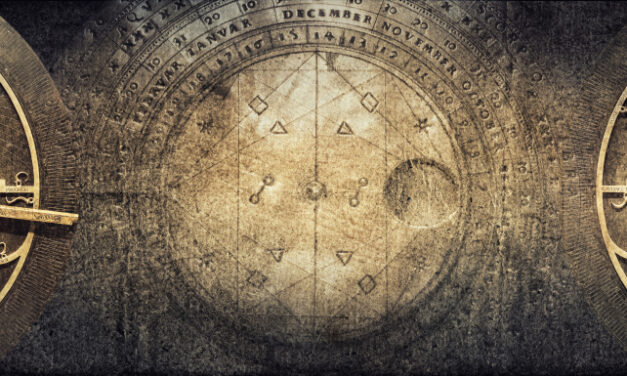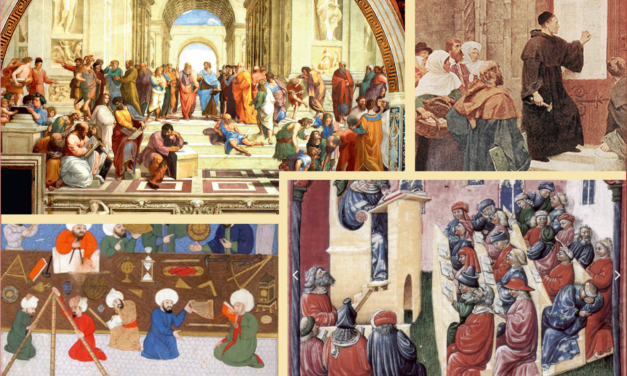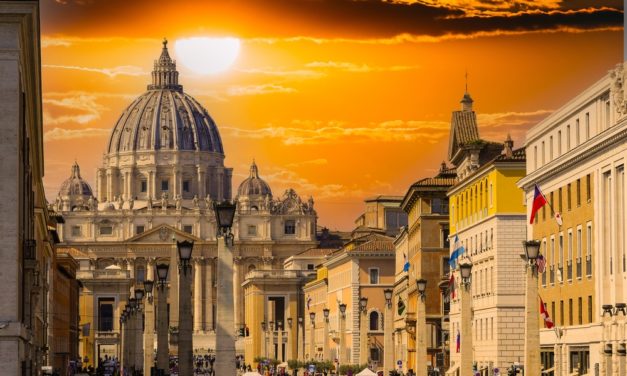1.07: Darwin and the Theory of Evolution
Science has proved to be a highly successful way of finding out how things work, and scientific theory is central to the practice of science. When Charles Darwin first published the theory of ‘natural selection’ in 1859, there were many gaps in the evidence to support it. In more than 160 years since then evidence from genetics, medical science and ecology have all substantiated the theory, so that an eminent biologist could claim that “nothing in biology makes sense except in the light of evolution.”
Read More




